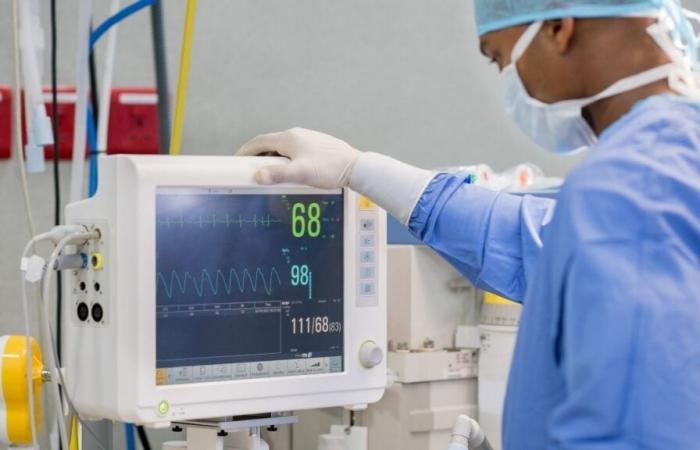Medical alarms play a vital role in hospitals, alerting caregivers in the event of a critical emergency. However, their omnipresence and nature often shrill pose serious problems. A recent study published in Scientific American reveals that these repetitive and stressful sounds lead to auditory desensitization among health professionals. This phenomenon, known as “alarm fatigue,” reduces their effectiveness and can jeopardize the health of patients.
In addition, patients themselves suffer the harmful effects of these constant noises. These alarms increase their stress, disrupt their sleep and deteriorate their general comfort. In an already emotionally charged environment, such noise overload harms recovery and complicates the work of caregivers.
Scientific advances and musical innovations
Faced with these observations, researchers are interested in a revolutionary alternative: music alarm systems. A publication in New Atlas explores how alarms based on harmonious acoustic principles could transform the hospital landscape. These sounds are designed to attract attention in a way softerby limiting agitation and stress.
The scientific principles behind these innovations are based on neurological studies demonstrating that melodies are processed differently by the brain. They activate positive emotional circuits while remaining distinct enough to alert. For example, prototypes of musical alarms incorporating calm rhythms and varied tones have been successfully tested in several pilot establishments. Caregivers report a notable reduction in their stress while maintaining their alertness.
These innovations are not limited to isolated tests. They are based on interdisciplinary collaborations between sound engineers, neurologists and healthcare professionalspaving the way for a complete overhaul of hospital acoustics.
The expected benefits for caregivers and patients
The first experiments carried out on musical alarms revealed promising results. Healthcare teams, often exposed to a cacophony of shrill sounds, report a significant reduction in hearing fatigue. This change promotes a better state of mind, thereby reducing the risks of burnouta well-known scourge in the hospital sector.
For patients, the impact is just as remarkable. Musical sounds, designed to be calming but still distinctive, help create a less oppressive environment. Stress, the main obstacle to recovery, is significantly reduced. Additionally, these new alarms improve the quality of patients' sleep, a crucial factor for rapid recovery.
Some case studies show that patients hospitalized in units using these innovative systems report an increased feeling of safety. Medical staff are also more responsive, which reduces response times in critical situations. These results reinforce the idea that a better designed sound environment can have systemic benefits for hospitals.
Another alarming figure highlights the urgency of this sound revolution: according to several reports, between 7,000 and 10,000 deaths in the world would be linked to medical errors due to unheard or ignored alarms. These tragedies, often avoidable, underline the importance of devices capable of effectively capturing the attention of caregivers while avoiding auditory saturation.
This French construction giant lands a gigantic €450 million contract for the construction of the most modern hospital in Morocco
Towards a sound revolution in hospitals?
Despite these promising advances, many challenges remain before widespread adoption. First, hospitals must overcome financial obstacles: integrating musical alarm systems requires investments in technology and training. However, defenders of these innovations believe that long term savings – notably thanks to a reduction in medical errors and sick leave among staff – could offset these initial costs.
Beyond financial questions, ethical issues arise. What types of melodies will be universally accepted in a context as diverse as hospitals? How can we ensure that these sounds remain effective without becoming a nuisance in turn?
Still, the future looks bright. The researchers are considering a complete overhaul of the hospital sound environmentincorporating not only musical alarms, but also ambient sounds designed to soothe patients. These initiatives are part of a global vision where technology and humanity coexist to improve the care experience.
Summary in 5 points:
- Traditional medical alarms, loud and stressful, contribute to caregiver fatigue and patient stress.
- Recent research proposes musical alarms based on harmonious acoustic and neurological principles.
- The first experiments show a significant reduction in stress and burnout among caregivers, as well as an improvement in the well-being of patients.
- Challenges to overcome include financial costs, ethical issues and large-scale adoption.
- These innovations could sustainably transform the sound environment of hospitals to make it more human and efficient.






